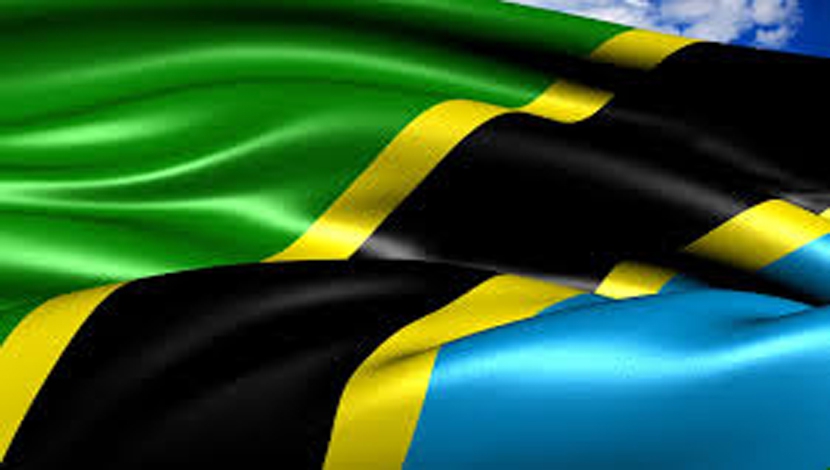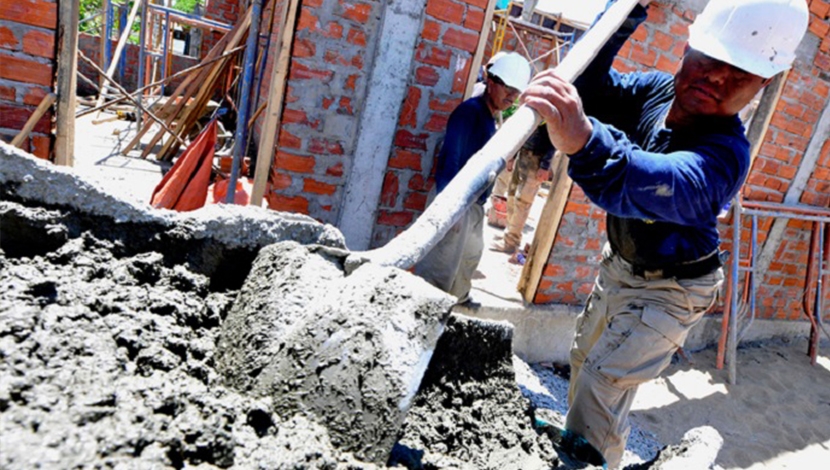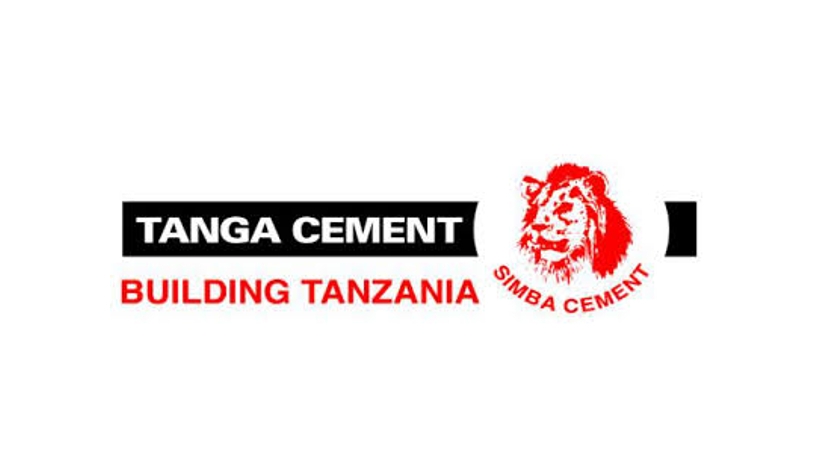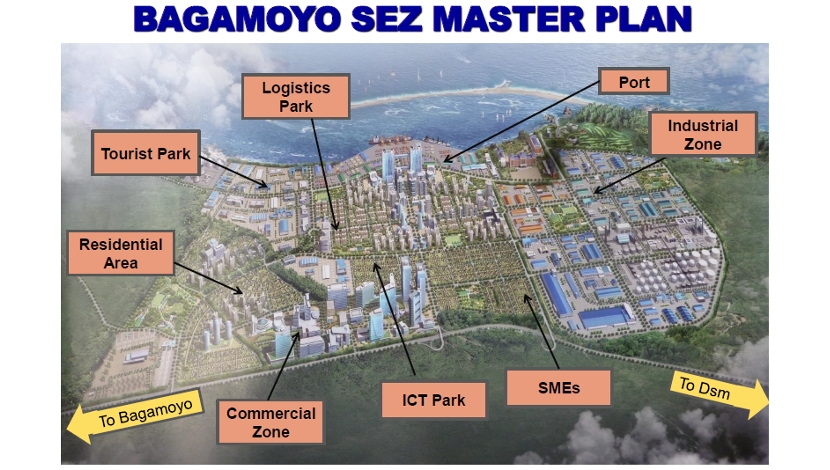

Tanga Cement is confident that market challenges that trimmed profit last year are coming to an end thanks to an economy which continues to grow strongly and launching of mega-infrastructure projects.
The Chairman of the Board of Directors, Lawrence Masha said they are optimistic that cement sales would rebound after a long slowdown caused by intense competition following the entry of new players in the industry.
He said they were confident that the expected boost in cement demand would overcome the challenges of excess supply, compounded by new players entering the industry.
Strong growth sustained for over a decade and commissioning of mega-infrastructure projects have made Tanzania’s cement industry attractive despite challenges of excess supply which have forced prices down.
The industry has been dominated for years by three major producers, Tanzania Portland Cement, owned by a subsidiary of Germany’s Heidelberg Cement AG, Tanga Cement, majority owned by AfriSam Mauritius Investment Holdings Limited and Mbeya Cement, owned by France’s Lafarge SA.
A team of new players – Arthi Rhino Cement, Camel Cement, Lake Cement, Lee Building Materials and Dangote Cement – have increased competition. However it is Dangote Cement that changed the landscape significantly after it slashed cement prices up to 10,000/- per 50kg bag in 2015 only months after starting operations. Other players had to follow suit, lowering prices and beginning sales promotion campaigns to survive.
Another big player, is the Chinese controlled Sinoma and Hengya Cement (T) Ltd which will build a US$1billion cement manufacturing plant in Tanga to focus on exports. About 70% of cement produced at the plant will be exported to countries including Somalia, Kenya, Mozambique, Sudan, the Democratic Republic of Congo and Uganda.
Masha said their focus would not be to compete with other producers but improve quality and market strategies to increase their market share.
“With additional players in the market, we must look at our strengths. We are very lucky that Simba cement is a respected brand in the market… so that is where our advantage lies,” he said.
Tanga Cement’s net profit dropped by half to 4.2bn/- last year from 8.2bn/- in 2015, according to financial statement for the year ending 31st December 2016. Its revenue dropped by 20% year-on-year to US$75m in 2016 from US$94m in 2015 due to competition and lower government spending on infrastructure.





